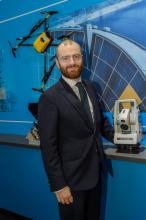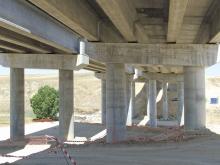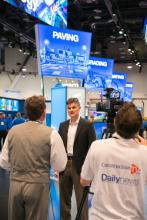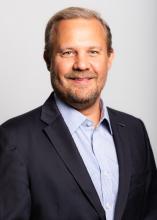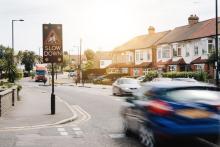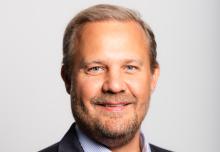Deformation monitoring is presenting a major business development for Topcon Positioning. Chris Emery, business manager monitoring solutions Europe, called it the biggest growth area in his business segment. At the moment, the asset life extension segment is growing at around 25% per year for Topcon. Emery said: “The problem is that, post war, so many structures were built. They’re now coming to the end of their design life, or have even gone past their design life.”
He said that the package is able to
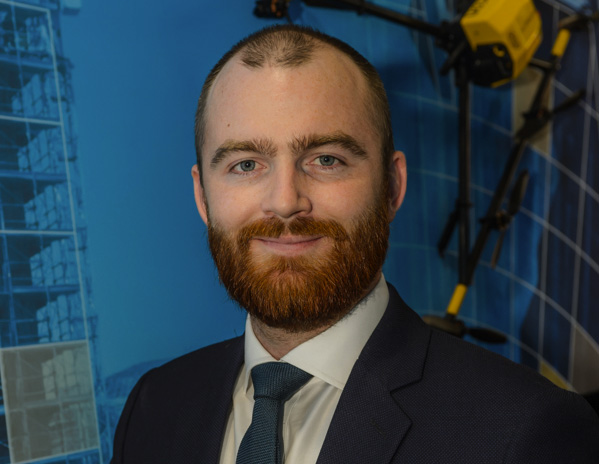
Topcon’s asset monitoring package offers infrastructure security according to Chris Emery
Deformation monitoring is presenting a major business development for 342 Topcon Positioning. Chris Emery, business manager monitoring solutions Europe, called it the biggest growth area in his business segment.
At the moment, the asset life extension segment is growing at around 25% per year for Topcon. Emery said: “The problem is that, post war, so many structures were built. They’re now coming to the end of their design life, or have even gone past their design life.”
He said that the package is able to track asset conditions with a high degree of accuracy. Emery explained: “You can put the systems onto structures and make sound engineering choices depending on those datasets.”
Meanwhile this new asset monitoring package comes at a time when the industry is also changing. In the past, monitoring technology has traditionally been fitted to structures during the construction phase. When this is complete, the sensors are then removed.
However, Emery said that asset owners are taking a longer-term view instead in a bid to ensure that structures last longer. Transport for Scotland, for example, is one of the leaders, having had a Topcon structural monitoring system fitted to the new Queensferry Crossing.
Emery commented: “This is one of the most comprehensive bridge monitoring systems ever seen.”
At the moment, the asset life extension segment is growing at around 25% per year for Topcon. Emery said: “The problem is that, post war, so many structures were built. They’re now coming to the end of their design life, or have even gone past their design life.”
He said that the package is able to track asset conditions with a high degree of accuracy. Emery explained: “You can put the systems onto structures and make sound engineering choices depending on those datasets.”
Meanwhile this new asset monitoring package comes at a time when the industry is also changing. In the past, monitoring technology has traditionally been fitted to structures during the construction phase. When this is complete, the sensors are then removed.
However, Emery said that asset owners are taking a longer-term view instead in a bid to ensure that structures last longer. Transport for Scotland, for example, is one of the leaders, having had a Topcon structural monitoring system fitted to the new Queensferry Crossing.
Emery commented: “This is one of the most comprehensive bridge monitoring systems ever seen.”

